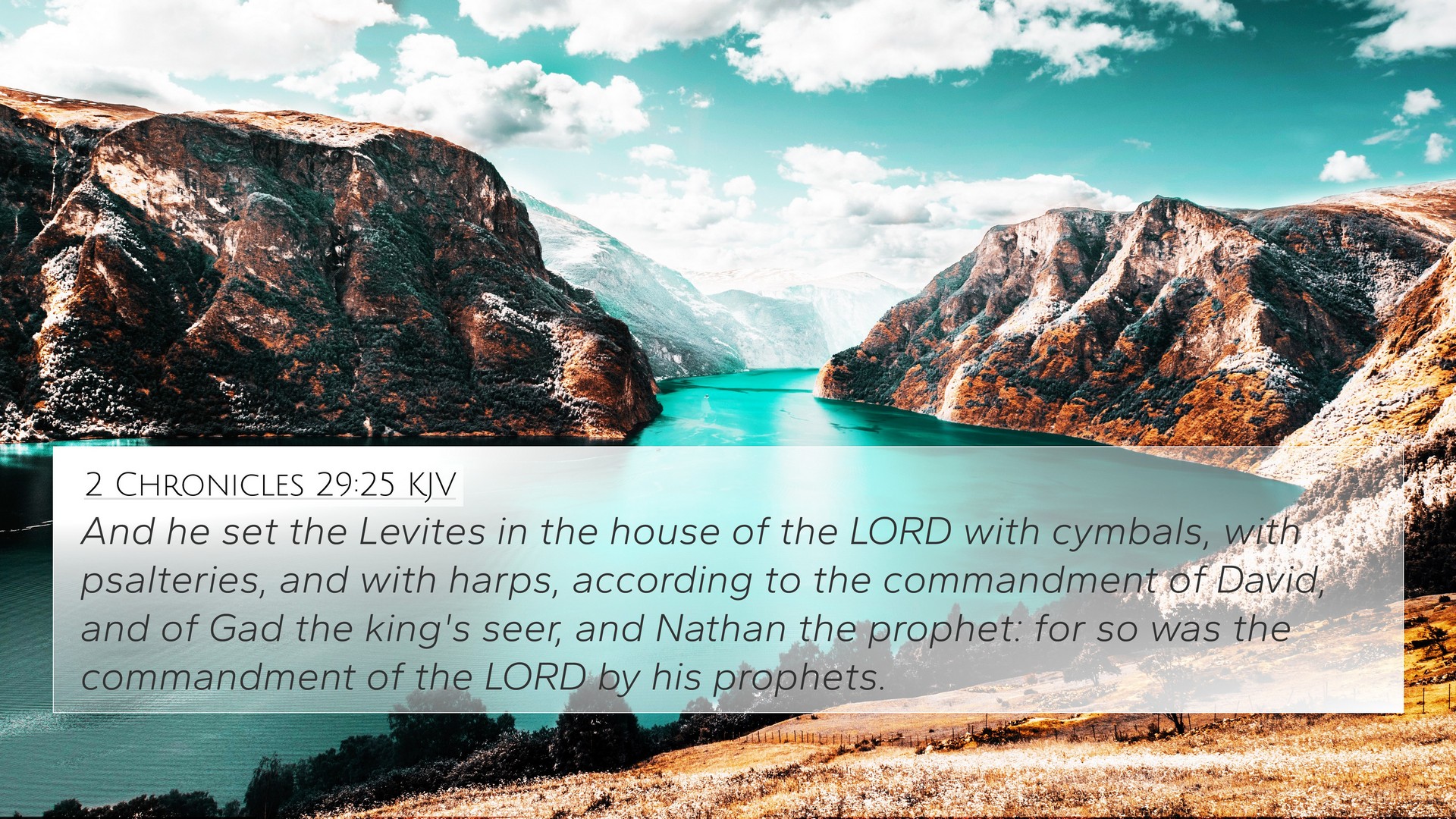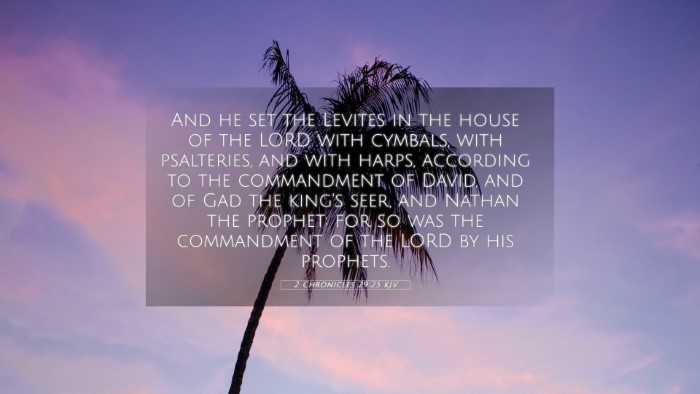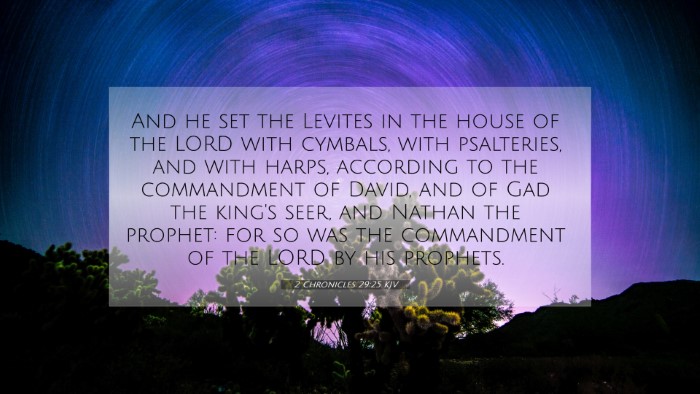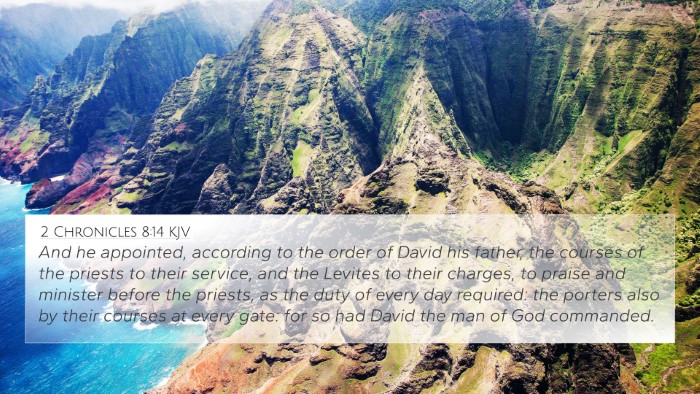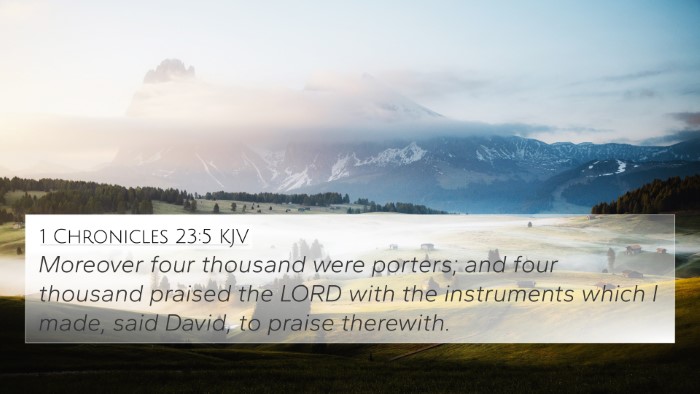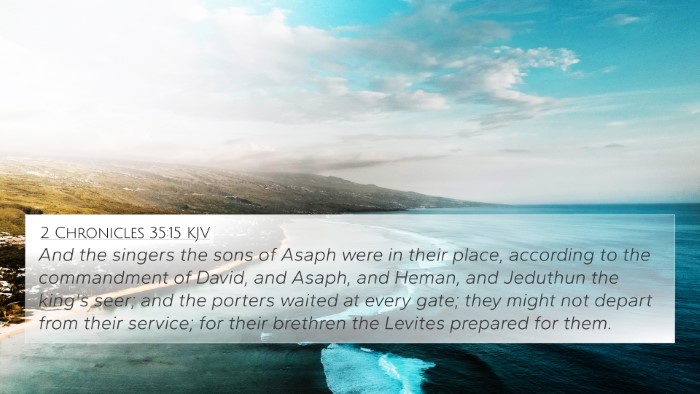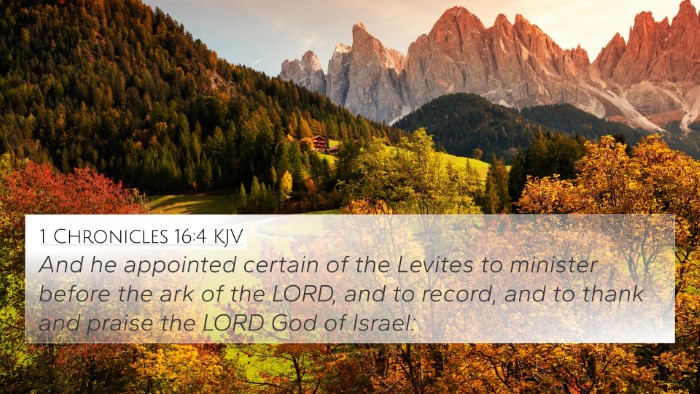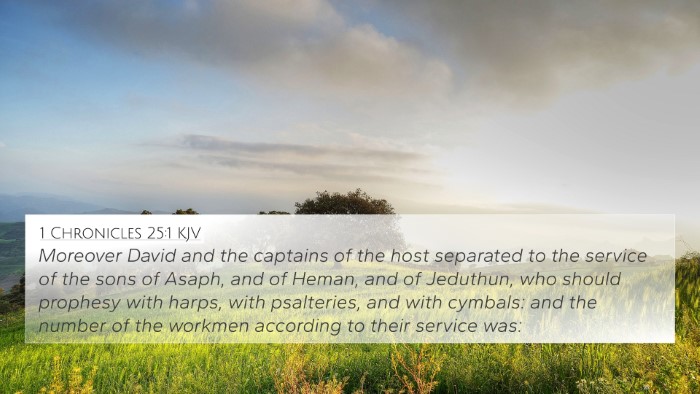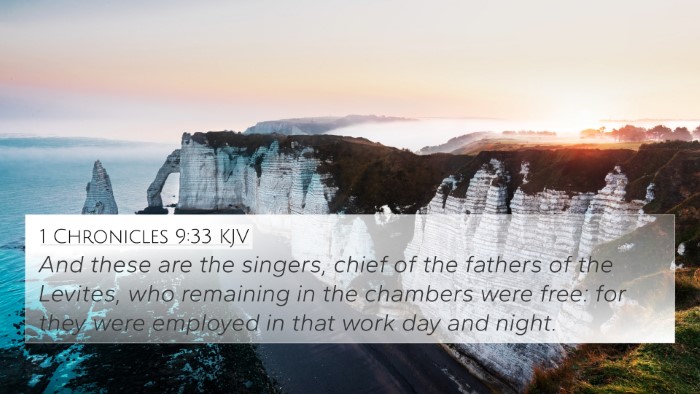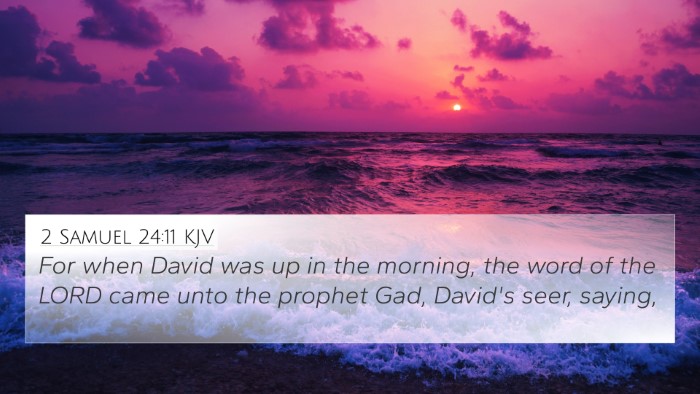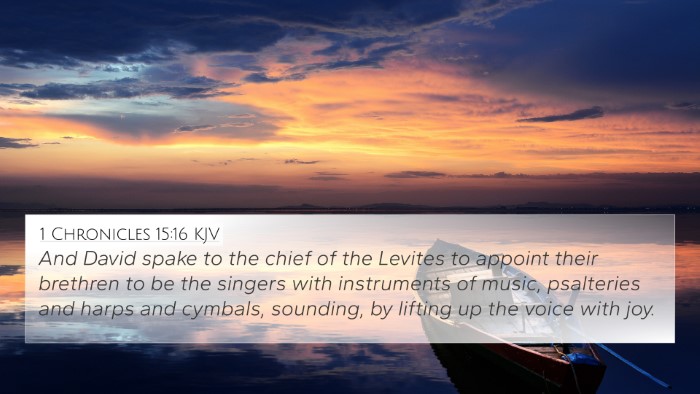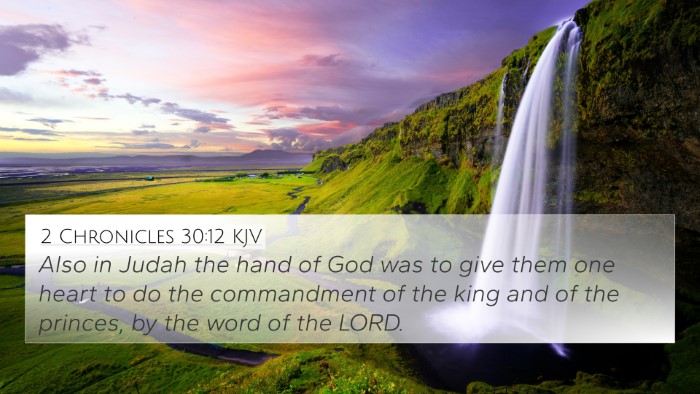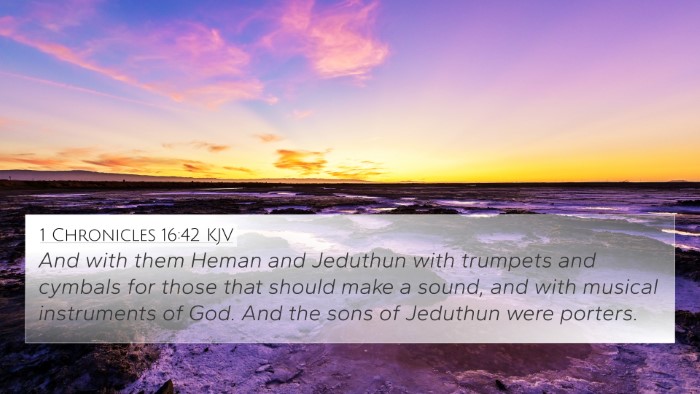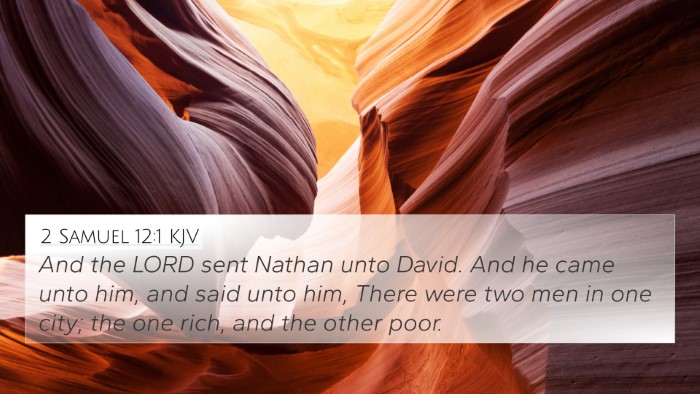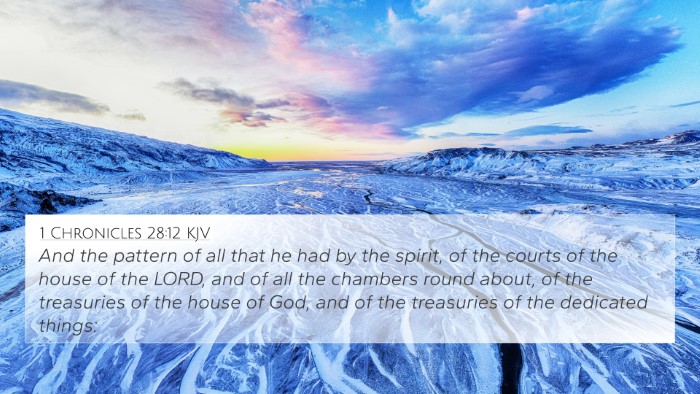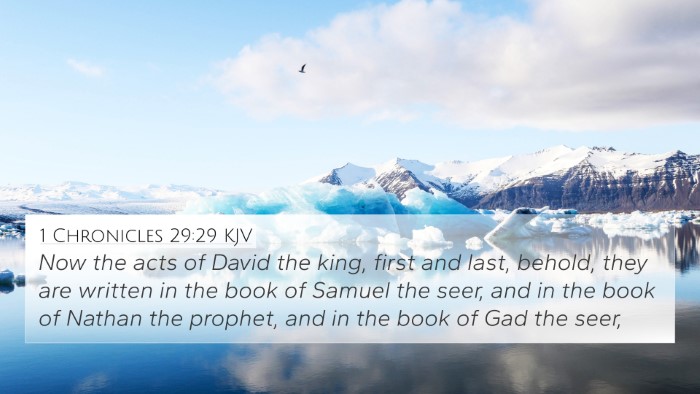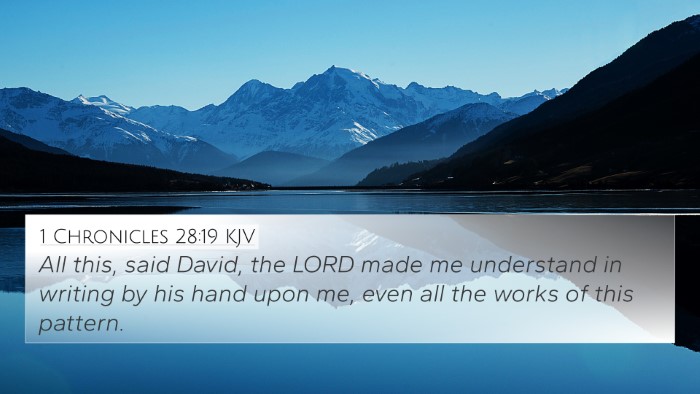Understanding 2 Chronicles 29:25
2 Chronicles 29:25 states: "And he set the Levites in the house of the LORD with cymbals, with psalteries, and with harps, according to the commandment of David, and of Gad the king's seer, and Nathan the prophet: for so was the commandment of the LORD by his prophets."
This verse highlights the importance of worship and musical instruments in the service of the Lord. The establishment of the Levites as musicians reflects a deep commitment to honoring God through music, which was substantially integrated into Israel's worship practices.
Commentary Insights
*Matthew Henry* comments that this verse underlines the ordination of the Levites into their sacred duties, emphasizing David’s intent to maintain a God-centered worship structure.
*Albert Barnes* points out the significance of musical worship in the temple and how it connects with prophetic commands. He mentions that these directives were intended to ensure that worship was conducted in a manner pleasing to God, aligning with the traditions passed down through generations.
*Adam Clarke* adds that the commandment of David, Gad, and Nathan represents not only the historical precedence of worship but also the theological underpinnings of the covenant community's relationship with God, as music often serves to uplift and refine the spiritual atmosphere.
Thematic Connections
This verse can be cross-referenced with several other biblical passages that enhance its meaning and significance:
- 1 Chronicles 16:4-6: Discusses the appointment of Levites for the ministry of song.
- Psalm 150: A psalm that commands praise through various instruments, highlighting the divine intention for musical worship.
- 2 Samuel 6:5: Details the leaping and dancing of David before the Lord, showcasing the joy found in worship.
- Nehemiah 12:27: Discusses the dedication of the wall of Jerusalem with songs of thanksgiving, which also highlights the function of music in worship.
- Colossians 3:16: Encourages believers to let the word of Christ dwell richly and to teach and admonish one another through psalms, hymns, and spiritual songs.
- Ephesians 5:19: Calls for speaking to one another with psalms, hymns, and spiritual songs, reflecting the continuity of worship practices.
- Acts 13:1-3: Indicates the importance of worship and prayer in the early church, showcasing the role of music in spiritual pursuits.
Key Themes in 2 Chronicles 29:25
The themes present in this verse can serve as a guide for understanding worship practices in both the Old and New Testaments. They underscore:
- The Role of Music: Music as a divinely appointed means of worship is accentuated throughout the scriptures.
- Prophetic Authority: The involvement of prophets in establishing worship norms reinforces the idea that worship should align with divine instruction.
- Community Participation: The Levites’ role indicates that worship is communal and requires the involvement of the community, reflecting God’s covenant with His people.
- Historical Continuity: The reference to David connects the setting of worship to its historical foundations, showing both the preservation of traditions and their adaptation in new contexts.
Interpretive Framework
To fully appreciate 2 Chronicles 29:25, one can utilize various tools for Bible cross-referencing. This verse’s connections to similar passages enrich one's understanding of its implications and applications in the broader biblical narrative.
Using Cross-References Effectively
To find cross-references for specific verses, consider the following methods:
- Bible Concordance: Use it to look up key terms related to worship and music.
- Bible Cross-Reference Guide: Resources that provide thematic and contextual links across scriptures can assist in drawing deeper connections.
- Tools for Bible Cross-Referencing: Utilizing online and print resources designed for cross-reference studies can facilitate deeper comparative analysis.
Through cross-referencing Bible texts and pursuing comparative Bible verse analysis, individuals can cultivate a richer understanding of worship as depicted in the Bible.
Conclusion
In summary, 2 Chronicles 29:25 serves as a vital reminder of the importance of worship and the integral role of music within it, framed within the historical and prophetic tradition of Israel. By exploring its connections to related scriptures, one can derive valuable insights applicable both personally and corporately in contemporary worship settings.
